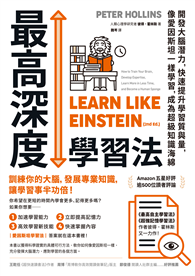Here is a book to love. The subject of Search History is presence itself, its qualities and pranks and repetitions, and the deep calm at the center of these poems reaches all the way to the generative absence from which enchanted language springs.Cook’s steady attention yields a liberating poetics in which consciousness is finally beauty enough. Read Search History to enhance daily living; take it with you to become, as Cook does, an archivist of supernatural details, to pass by houses of the unknown, whistling.
-John Colburn, author of the rope
I envy each of the entries in Search History, as a place to live. Rewilded and trained, these pages make good habitat for all that the poet loves, could love, and whom. Without pre-eulogy of the world, Thomas Cook invites so many earthly chances to refresh it, with ripe cantaloupe or a certain packet-boat, "a stand of trees left behind" or even "a shrimp in the loneliest strip mall." If I feel elevated or ponder holiness here, it is because in Cook’s prose each thing may be an only, wingèd as Mercury’s sandals. So many sentences beat actual sky unto and within me.
-Nick Regiacorte, author of American Massif
Applying lyrical drift to abecedarian exactitude, Search Historywanders the American landscape while simultaneously exploring the mind’s solitary vistas. Within the course of these travels observation disrupts the ordinary: "At the mall, for instance, I try not to read too much into the fabric used for covering a pelvis, though I can’t help but be molded, counter-molded, by the present speech."As with all fine flâneurs, Thomas Cook shows the space between observer and observed to be a mirage produced by the forces that shape history, which we sometimes refer to as the world.
-Karla Kelsey, author of On Certainty
"I’m running out of people to tell that I’m new" goes a line in this magnificent book of short prose by Thomas Cook. That line made me laugh-it underscores the fresh, just-landed quality of observation shared by many of these pieces. Smart and precise, Cook’s work measures the oddness and logic of a world that never stops combining with itself: "There were wiper blades, proving some thoughts are shorter than others," or "In the center of my head, my job trembles." Cook’s Search History has "a hand up into the world"-and it’s a total delight.
-Jacqueline Waters, author of Commodore












